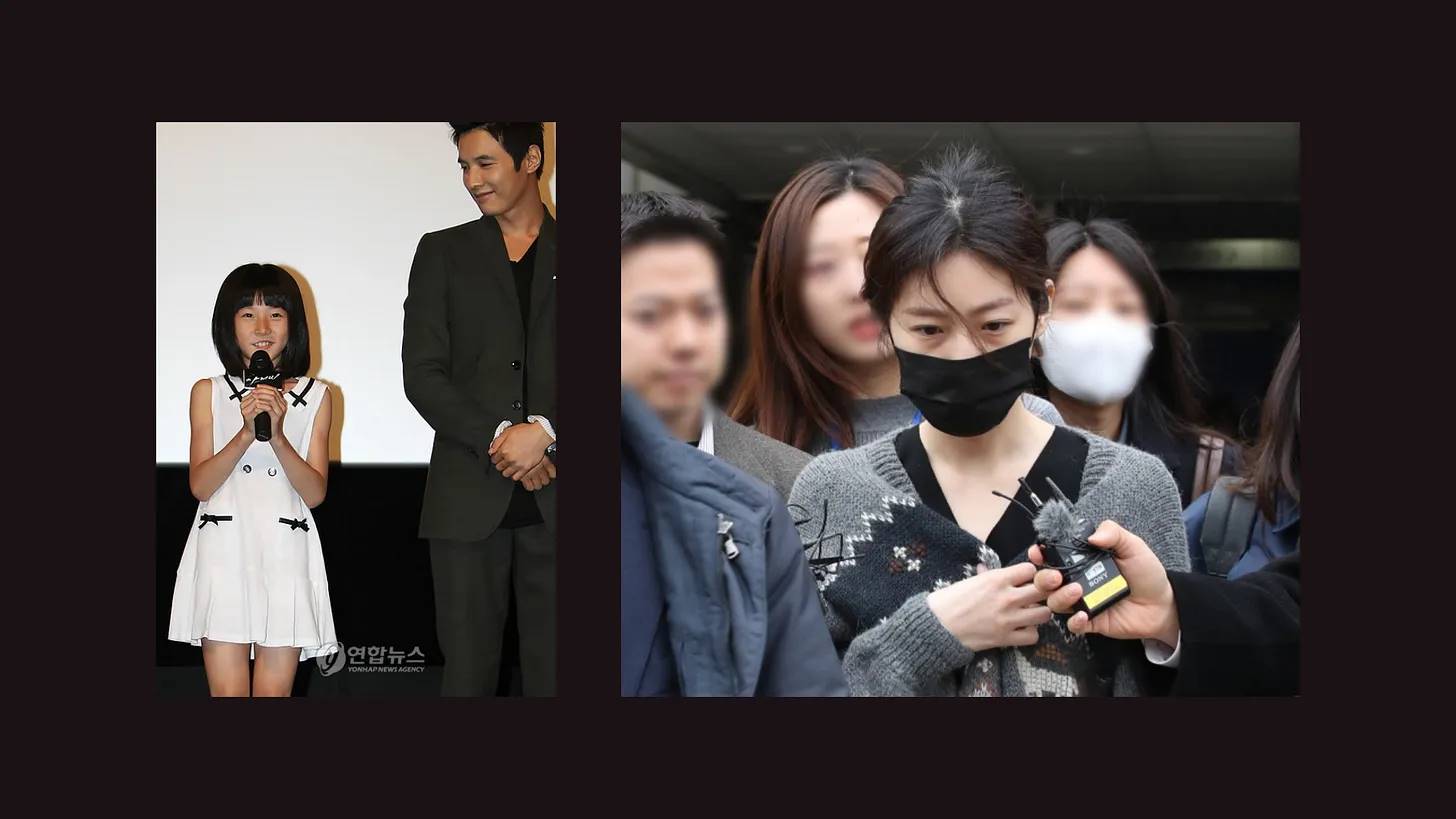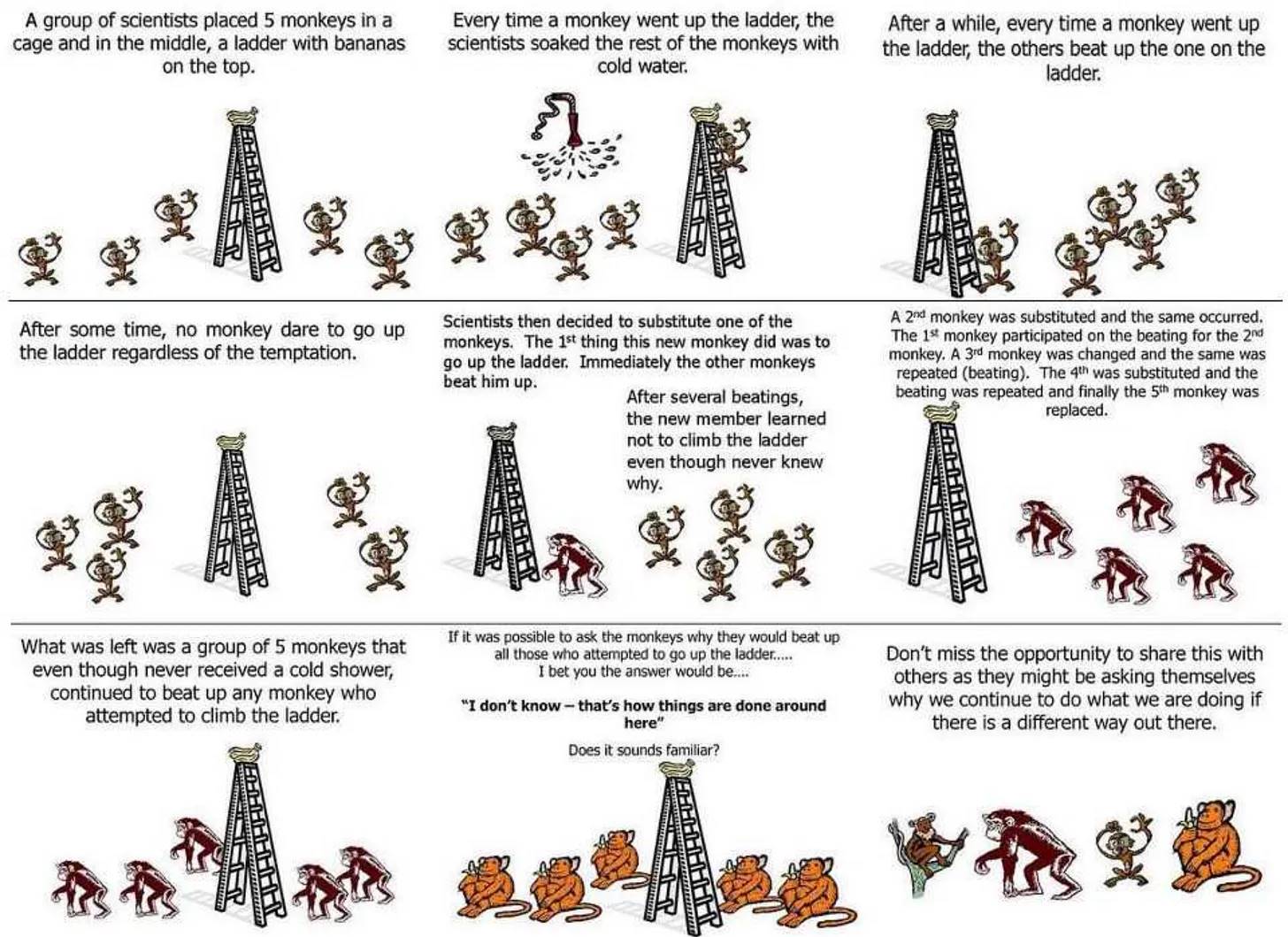In Korean society, there is an unhealthy "crab mentality" that leads to attacks on those who are "imperfect."
Author: MORBID-19
Translation: Deep Tide TechFlow
One thing that anyone trying to market in Korea may deeply resonate with is the limited choices available. Essentially, you can only choose from a handful of marketing agencies, all of which share the same pool of KOL (Key Opinion Leader) resources.
In Korea, marketing methods generally include the following:
Inviting KOLs to post on their Telegram channels
Hosting events
Pushing press releases
Localizing content
Writing research articles
Among all the options, the simplest and quickest method is undoubtedly the first: having KOLs mention a certain content on Telegram.
Unlike other parts of the world, KOLs in Korea are primarily active on Telegram. Although more and more Koreans are starting to use Twitter with its rise, Telegram remains mainstream.
However, Telegram's content discovery capabilities are limited, as it does not have a feed like Twitter or YouTube. Additionally, Twitter's user base is far less than that of YouTube.
This is precisely why YouTube has always been the "holy grail" of content marketing in Korea.
The problem is that many high-end crypto brands are reluctant to collaborate with these so-called "crypto YouTube channels" because these channels often lack quality, or they are merely "degen streamers."
For example, imagine Berachain or Story Protocol collaborating with a streamer who cries and destroys his room during a live stream after losing six figures.
As a result, these trading streamers typically monetize through referral links, while "fools" like me rely on sponsorships for income.

As mentioned above, these streamers focus on creating viral short videos to attract traffic, ultimately directing attention to referral links from which they earn profits. This monetization method was initially exclusive to some crypto-native creators but is now gradually permeating more mainstream Korean creators.
The best example is Inbeom. I only learned about this person a few weeks ago. Clearly, he is one of the most influential streamers in Korea.

I am writing this article because of him.
According to Namuwiki, Inbeom is one of the early "four legendary streamers" on AfreecaTV (a well-known streaming platform in Korea), alongside Yoo Shin, Sonic, and Chulgoo. His influence in the Korean MMORPG game "Lineage" is unmatched, and even other streamers who play "Lineage" openly acknowledge him as a top streamer.
Now, this streamer has launched his own meme coin, BugsCoin ($BGSC), and successfully listed it on exchanges such as Gate.io, Bitget, MEXC, and HashKey Global.
You might wonder, did he scam people? But the truth is far from that. He actually implemented a buyback mechanism for his meme coin.
So where does the buyback funding come from? The answer is his referral income. He has earned millions of dollars through referral links.
Even more surprisingly, this coin actually has real utility. $BGSC encourages users to engage in simulated trading on Anttalk (a website built for the $BGSC community). This idea has been very successful, even attracting Gate Ventures to invest $8.5 million in Anttalk.
To me, this is simply insane.
Of course, this has sparked a lot of controversy
Inbeom himself is a rather controversial figure, so his token and its association with cryptocurrency have not been widely recognized. Many YouTubers, media outlets, and KOLs on Telegram have not hesitated to accuse him of "scamming" and claim that everything he does is a scam.
When I first heard these accusations, I was skeptical as well. However, when I took a step back and viewed this phenomenon from a broader perspective, I realized that Inbeom is actually doing something that the industry has long desired and has been supported by funding for a long time—tokenized creator economy.
This reminds me of the crypto boom in 2021. At that time, almost everyone was talking about empowering creators through tokens, and even Silicon Valley venture capital firms were heavily promoting this idea. Remember Rally?
As a16z crypto once mentioned, one of the core ideas of cryptocurrency is that it allows creators and communities to establish their own internet-native economies. The key component of these economies is tokens. Although tokens gained notoriety during the ICO (Initial Coin Offering) craze a few years ago, they are actually the most fundamental unit of value in the crypto economy. Tokens are a groundbreaking mechanism in the design of open networks because they can incentivize participants in open networks, including users, developers, investors, and service providers.
This is exactly what Inbeom is doing: converting the attention he attracts into tokens and attaching real utility to them. This is something we all dreamed of a few years ago, and now it is gradually being realized.
Yes, Inbeom is a controversial figure, so caution is needed when discussing this issue. But I do not want to be the one who casually criticizes attempts, especially when those attempts have not crossed any boundaries.
Where is the "boundary"?
We only punish someone in court when their actions have clear malicious intent and there is irrefutable evidence. In other words, the principle of law is "presumption of innocence," meaning that anyone is innocent until proven guilty.
For example, if Inbeom launched his token solely to scam buyers, that would undoubtedly be a scam. But if he attempted to develop it into a legitimate business model and failed, that cannot be considered a scam.
Of course, most scams will try to disguise themselves as the latter. And since there are no court subpoenas or rulings, it is difficult to prove any wrongdoing, so most people, especially those in the cryptocurrency field, tend to lean towards "presumption of guilt," assuming the other party is guilty until proven innocent.
Over the years, countless scandals in the Korean cryptocurrency space have accumulated a significant amount of negative sentiment and skepticism within the industry, making it nearly impossible to operate a legitimate entity in Korea.
How bad is the situation? Many people do not even want to associate with Korea.
Even more exaggerated, I have heard that some Korean founders try to disguise themselves as foreign teams to avoid negative public opinion, simply because the label "Korea" brings only negative connotations.
If you think about it carefully, this is absurd.
The controversy surrounding Inbeom and the external reactions to him remind me of the recent scandal surrounding the death of Korean star Kim Sae-ron.
For those unfamiliar with the Korean entertainment industry, here is an overview of the events:
Kim Sae-ron was arrested for drunk driving in May 2022 after crashing into guardrails, trees, and a transformer in Gangnam, Seoul, causing a power outage that affected 57 businesses for nearly five hours. Her blood alcohol concentration reached 0.2% (far exceeding the revocation standard of 0.08%), and she was ultimately fined 20 million won (about $13,850). This incident dealt a devastating blow to her acting career, which had started when she was 9 years old.
In February 2025, Kim Sae-ron committed suicide, and her family subsequently filed a lawsuit against actor Kim Soo-hyun, accusing him of playing a role in her death. The controversy revolved around the timeline of their relationship and allegations of financial pressure she faced due to repaying approximately $530,000 in debt.
This scandal revealed Kim Sae-ron's struggles in her career following the drunk driving incident: her scenes were cut from projects, she withdrew from upcoming roles, and she was forced out of the public eye due to strong public backlash. Reports indicated that she worked in a café due to financial difficulties and ultimately passed away at the young age of 24 due to the unbearable pressure.
Korean society and media launched relentless attacks on her following the drunk driving incident. From being photographed partying with friends to complaining about a lack of job opportunities, even images of her smiling while filming an independent movie became targets of criticism. This harsh treatment reflects Korea's zero-tolerance culture towards public figures. In this culture, public figures face immense scrutiny and have almost no chance of redemption. Experts believe that the root of this phenomenon lies in Korea's deep-seated "relative deprivation culture."

A once-promising child star ultimately became a public enemy.
What I want to express is that Korean society is an intolerant one. Once you make a mistake, you are completely eliminated. There is no chance for redemption.
But this is unreasonable and inhumane.
Why should we make people pay with their lives for mistakes? Why has making a mistake become so unacceptable?
The Root of Collective Fear
Recently, I had the opportunity to interview some elders who are around the same age as my parents. You can find this interview in my YouTube video.
Currently, I am planning to interview another woman of the same age group to learn about her experiences in the cryptocurrency field. However, when I made the interview request, her response deeply moved me:
"I am afraid of saying the wrong thing."
What?
How could there be a possibility of "saying the wrong thing" about one's subjective experiences?
Why do I hear the same reaction from so many people?
Why are Koreans so obsessed with being "correct"?
Perhaps it is because they faced corporal punishment for "errors" when they were young?
If you turn on the subtitles, you will see stories of everyone being hit in school.
In Korea, whether it is hairstyle, grades, the fit of school uniforms, or even emotional expressions, as long as you "cross the line," you will be punished. Verbally, or even physically. At least, that has been my personal experience.
What is most concerning is that this violence starts at a very young age. I still remember my first day back in a Korean classroom from Toronto at the age of 7.
Teachers imposed strict disciplinary requirements on these children (who were still infants, really), and these children had no idea what they were doing, blindly obeying out of fear.

Korean society's zero-tolerance culture towards mistakes not only makes it difficult for public figures to recover but also leaves ordinary people living in collective fear. The roots of this culture are worth pondering, and changing it may require society as a whole to re-examine the meanings of "making mistakes" and "tolerance."
In Korea, collective punishment is widely used to "correct" children's behavior. If one person acts foolishly or disruptively, the entire class is punished. This violent method quickly "tames" children into obedient "monkeys."
Once, my inner thigh was bruised just because a classmate did not complete the so-called "pre-class ritual." As a result, the whole class was severely beaten. From that moment on, we began to hope that classmate would not disappoint us again. We expected everyone to behave "perfectly." We expected the entire class to follow the rules.
We were required to be "perfect."
Where does this culture come from?
These teachers did not suddenly wake up one day and decide to hit children, right?
Where does the responsibility lie?
If you trace back every absurdity in Korean society, you will find that it is all closely related to the "hierarchical system." First, Korea's hierarchical system determines how you communicate. And the way you communicate, to some extent, influences your way of thinking.
According to the theory of Linguistic Relativity, language can influence a person's worldview or cognition. A form of Linguistic Relativity—Linguistic Determinism—argues that people's language determines and influences their cultural perception of the surrounding world.
A famous example is the difference in color perception between Russian and English. Russian has distinct vocabulary to differentiate light blue (голубой, goluboy) and dark blue (синий, siniy), while English uses "blue" to cover both colors.
Research shows that Russian speakers are quicker to distinguish between these two colors than English speakers, indicating that language differences do indeed affect people's cognitive processing of color.
This illustrates that language can shape people's habitual thinking patterns, providing a strong case for Linguistic Relativity.
In Korea, you must use honorifics when communicating with superiors. Even when simply describing someone considered "above" you on the social ladder, you need to use honorifics.
These linguistic rules create a strange dynamic of superior-subordinate relationships. For example, just being one year older than someone else can make you "superior" in every way. The younger party must obey the instructions of "older brother" (형).
Combined with some Confucian hierarchical concepts, military culture, and psychological conditioning, this combination makes "obeying superiors" (while also being perfect) not a choice but an obligation.
As a result, children and students do not resist teachers who inflict physical pain on them. They do not even know that "resistance" is an option. This linguistic system has long eliminated the thought of "rebellion" from their minds.
Through this article, I attempt to depict certain phenomena in Korean society from a macro perspective, but of course, this does not mean that the entire Korean society follows such a thinking pattern. Every society has its rebels and artists.
But what I want to say is that, for the reasons mentioned above, there is an unhealthy "crab mentality" prevalent in Korean society.
This mentality leads society to attack those who are "imperfect."
So, should Inbeom be "canceled" for this?
Furthermore, should we resist a project simply because its founder or project is Korean?
Criticism is necessary, and how to respond to criticism is everyone's responsibility. However, the current state of the Korean crypto space seems quite toxic. I have never seen founders of crypto projects from the United States, Malaysia, or Singapore disguise their nationality on Twitter. Have you?
免责声明:本文章仅代表作者个人观点,不代表本平台的立场和观点。本文章仅供信息分享,不构成对任何人的任何投资建议。用户与作者之间的任何争议,与本平台无关。如网页中刊载的文章或图片涉及侵权,请提供相关的权利证明和身份证明发送邮件到support@aicoin.com,本平台相关工作人员将会进行核查。




